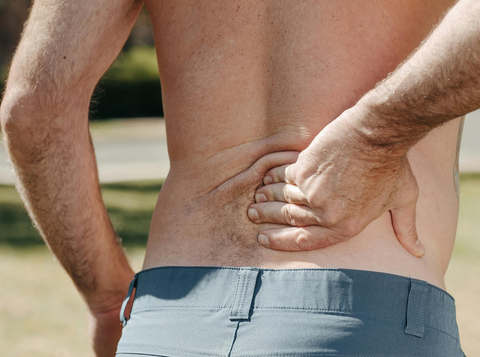introduction
As always, we'll take you through the latest scientific advances in floating. The study was published by researchers from the University of Freiburg and the Float Research Collective in February 2024. It appeared in Scientific Reports, one of the five most cited journals worldwide, which is part of the renowned Nature portfolio.
Authors: Helena Hruby (1) , Stefan Schmidt (2), Justin S. Feinstein (3) & Marc Wittmann (1)
1Institute for Frontier Areas of Psychology and Mental Health, Freiburg, Germany.
2 Department of Psychosomatic Medicine and Psychotherapy, Medical Center ‑ University of Freiburg, Faculty of Medicine, University of Freiburg, Breisgau, Germany.
3Float Research Collective, Kihei, HI, USA.
The study: Floatation-REST and altered states of consciousness (ASC)
In our study, we investigated the relationship between altered states of consciousness (ASC) and the emotional changes induced by floatation-REST (REST = no stimuli during floatation = restricted environmental stimulation therapy). We used a crossover design in which 50 healthy subjects were randomly assigned to either 60 minutes of floatation-REST or 60 minutes of bed-REST . Bed-REST served as an active control condition in which subjects lay on a warm waterbed in a dark and quiet room.
Results: More relaxation, less anxiety
After floating, subjects felt significantly more relaxed, less anxious and less tired compared to the bed-REST session.
Floatation-REST also induced significantly more pronounced ASC, which were characterized by the dissolution of body boundaries and the distortion of the subjective sense of time.
How floating reduces anxiety
A particularly interesting result was that the loss of body boundaries mediated the reduction in anxiety . This demonstrates a new mechanism by which floatation-REST exerts its anxiolytic effect. When the perception of one's own body boundaries disappears, this leads to a significant reduction in feelings of anxiety .
Conclusion: Floating as an effective form of relaxation
These results show that Floatation-REST is not only a safe but also an extremely effective form of relaxation and anxiety reduction . Due to the unique type of physical and mental relief, floating has positive effects on mental health .
Sources
Hruby, H., Schmidt, S., Feinstein, JS et al. (2024). Induction of altered states of consciousness during Floatation-REST is associated with the dissolution of body boundaries and the distortion of subjective time. Sci Rep, 14 , 9316. https://doi.org/10.1038/s41598-024-59642-y
Click here to go directly to the study https://www.nature.com/articles/s41598-024-59642-y



